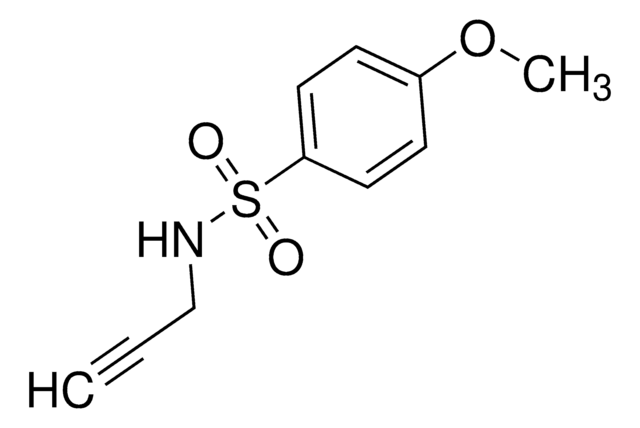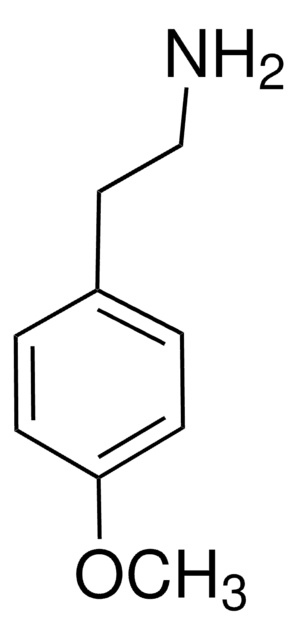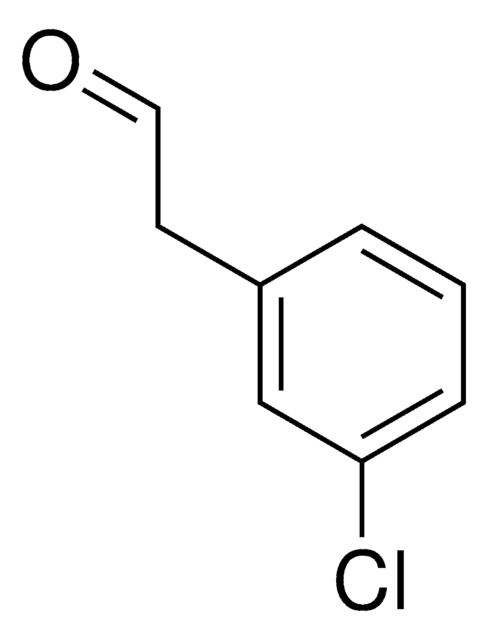154180
4-Methoxyphenethyl alcohol
99%
Synonyme(s) :
2-(4-Methoxyphenyl)ethanol
About This Item
Produits recommandés
Niveau de qualité
Pureté
99%
Forme
solid
Point d'ébullition
334-336 °C (lit.)
Pf
26-28 °C (lit.)
Groupe fonctionnel
hydroxyl
Chaîne SMILES
COc1ccc(CCO)cc1
InChI
1S/C9H12O2/c1-11-9-4-2-8(3-5-9)6-7-10/h2-5,10H,6-7H2,1H3
Clé InChI
AUWDOZOUJWEPBA-UHFFFAOYSA-N
Vous recherchez des produits similaires ? Visite Guide de comparaison des produits
Description générale
Application
Code de la classe de stockage
11 - Combustible Solids
Classe de danger pour l'eau (WGK)
WGK 3
Point d'éclair (°F)
235.4 °F - closed cup
Point d'éclair (°C)
113 °C - closed cup
Équipement de protection individuelle
Eyeshields, Gloves, type N95 (US)
Faites votre choix parmi les versions les plus récentes :
Déjà en possession de ce produit ?
Retrouvez la documentation relative aux produits que vous avez récemment achetés dans la Bibliothèque de documents.
Les clients ont également consulté
Notre équipe de scientifiques dispose d'une expérience dans tous les secteurs de la recherche, notamment en sciences de la vie, science des matériaux, synthèse chimique, chromatographie, analyse et dans de nombreux autres domaines..
Contacter notre Service technique










